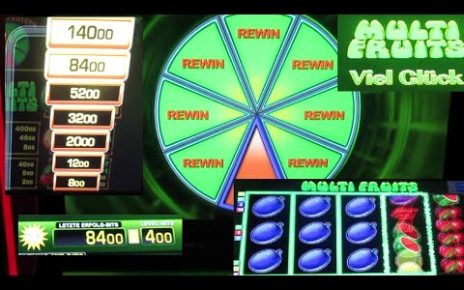Blackjack: A Game Where Feelings Can Empty Your Wallet
Blackjack, often regarded as one of the most popular casino games, is not only a test of skill and strategy but also a unique arena for emotional play. The game captures a blend of chance and choice, and it can bring out a wide range of emotions—from elation and anticipation to anxiety and despair. This interplay of feelings can significantly impact a player’s decisions and, ultimately, their bankroll. Let’s delve into how emotions can influence outcomes in Blackjack and lead to financial repercussions.
The Emotional Rollercoaster of Blackjack
In Blackjack, players aim to beat the dealer by having a hand value as close to 21 as possible without going over. The simplicity of the rules is what draws many people to the game, but the intricacies of decision-making add layers of complexity that can evoke powerful emotions.
1. Euphoria of Winning
Winning a hand can evoke instant euphoria. The rush of excitement can lead to a "hot streak" mentality, where players feel invincible. This sense of invulnerability can cloud judgment, prompting players to make bigger bets or chase losses, often resulting in impulsive and detrimental decisions.
2. Fear and Anxiety of Losing
Conversely, the fear of losing money can trigger anxiety, leading to overthinking and second-guessing one’s strategy. A player may hesitate to split or double down when the odds are in their favor simply because they’re overwhelmed by the fear of making a costly mistake. This apprehension can stall decision-making at critical moments.
3. Frustration and Tilt
If the cards are not falling in a player’s favor, frustration can set in. This state, often referred to as “tilt,” occurs when emotions take control, and players begin to act irrationally. They may gamble recklessly, increasing their bets or trying to recover losses through desperate measures rather than sticking to well-laid strategies.
The Influence of Social Dynamics
Blackjack is often played at crowded tables, with other players’ actions influencing one’s feelings. The camaraderie of a table win can enhance feelings of joy, while a collective loss can result in shared disappointment. Peer pressure, too, can lead players to make uncharacteristic decisions, such as hitting on a weak hand because others are doing so, despite knowing better.
4. The Role of Impulse Control
To navigate the emotional landscape of Blackjack successfully, it is essential for players to develop impulse control. Recognizing and managing one’s emotions can transform the experience from potentially harmful to one that is strategically sound. Setting limits, maintaining a clear mindset, and adhering to a disciplined betting strategy can help safeguard against the emotional pitfalls that often accompany gambling.
Strategies for Emotional Management
-
Know Your Limits: Determine how much you’re willing to lose before you start playing and stick to that limit, regardless of how you feel during the game.
-
Practice Mindfulness: Being aware of your emotional state while playing can help you recognize when you might be getting carried away. Take a break if you notice heightened feelings of frustration or excitement.
-
Stay Grounded in Strategy: Familiarize yourself with basic Blackjack strategy and use it as a guide for your decisions, rather than letting emotions dictate your choices.
- Avoid Alcohol: Drinking can amplify emotions and lead to poor decision-making. Staying sober will help maintain clarity and control over your actions.
Conclusion
Blackjack is more than just a card game; it’s a complex interaction of strategy, psychology, and emotion. Understanding how feelings can influence behavior at the table is crucial for any player who wishes to walk away a winner. By managing emotions effectively and adhering to disciplined approaches, players can enhance their overall experience and protect their wallets in the process. Remember, in the world of Blackjack, the player who masters their feelings is often the one who comes out ahead.


